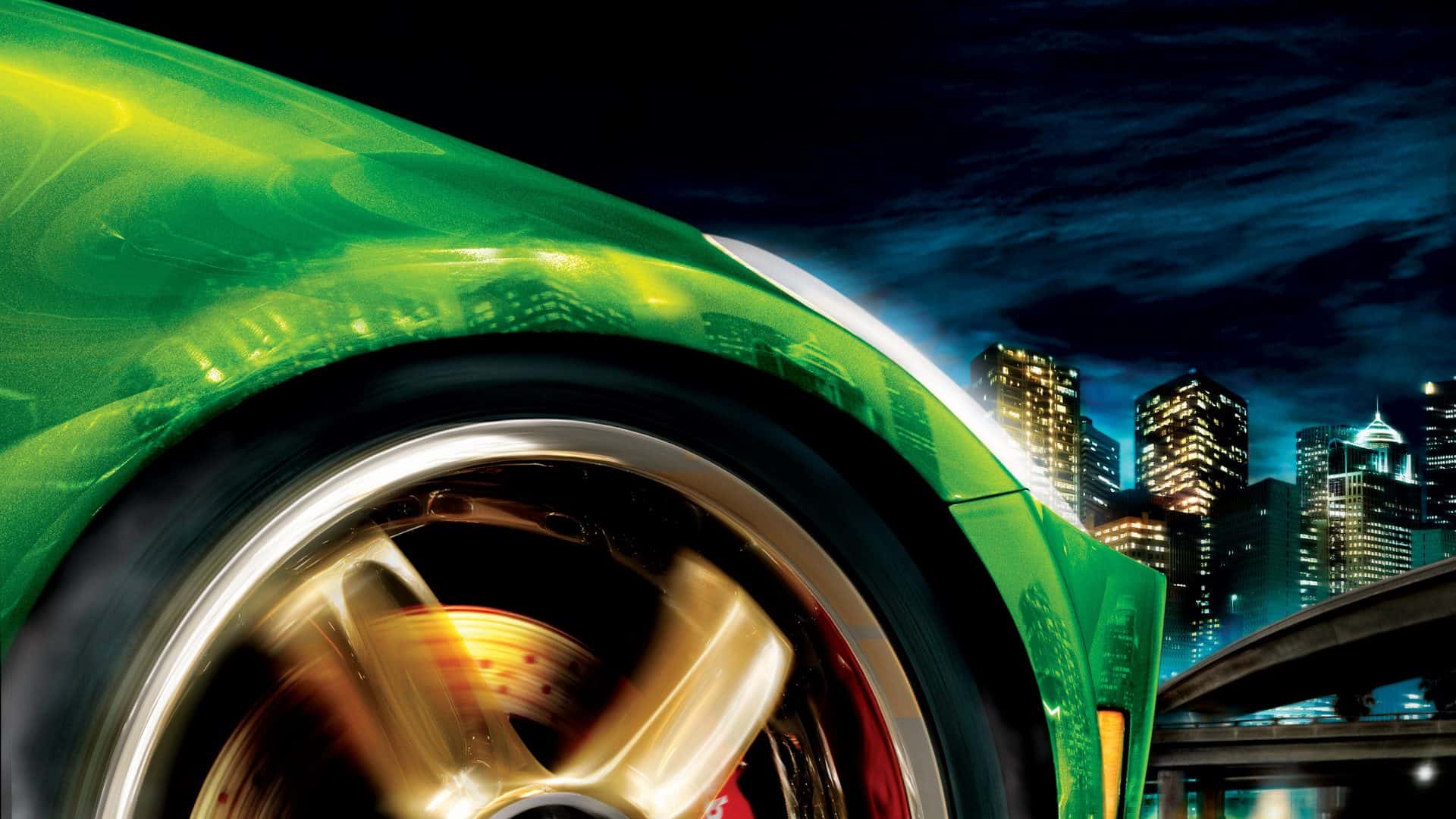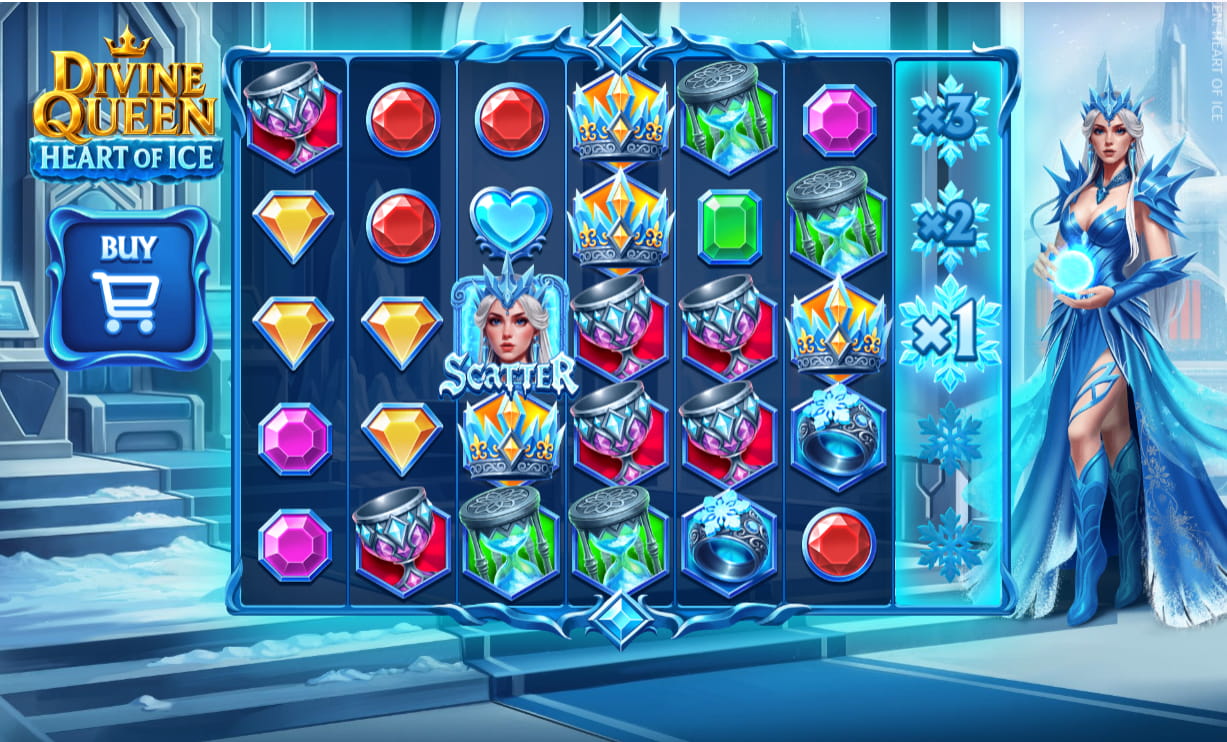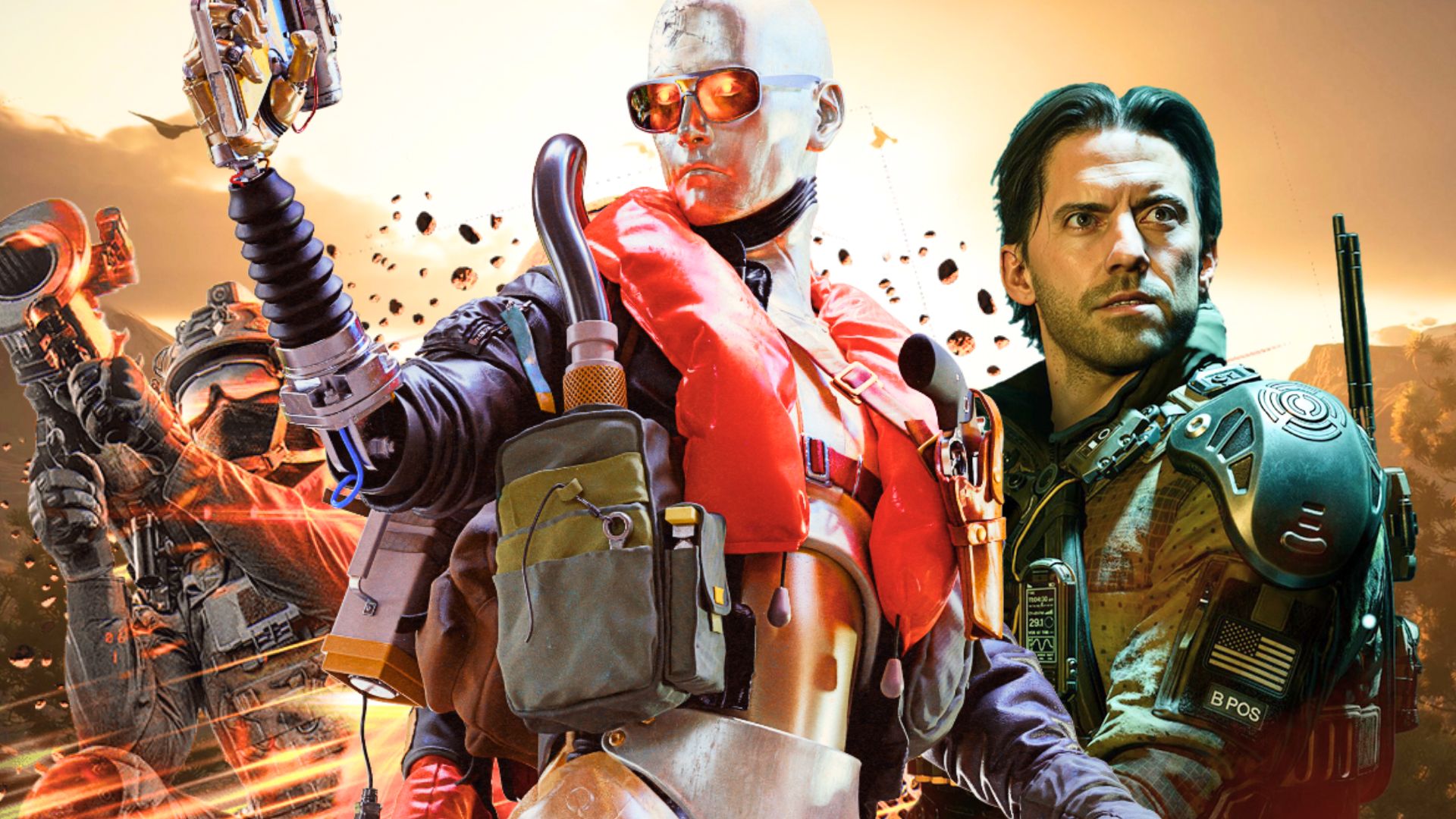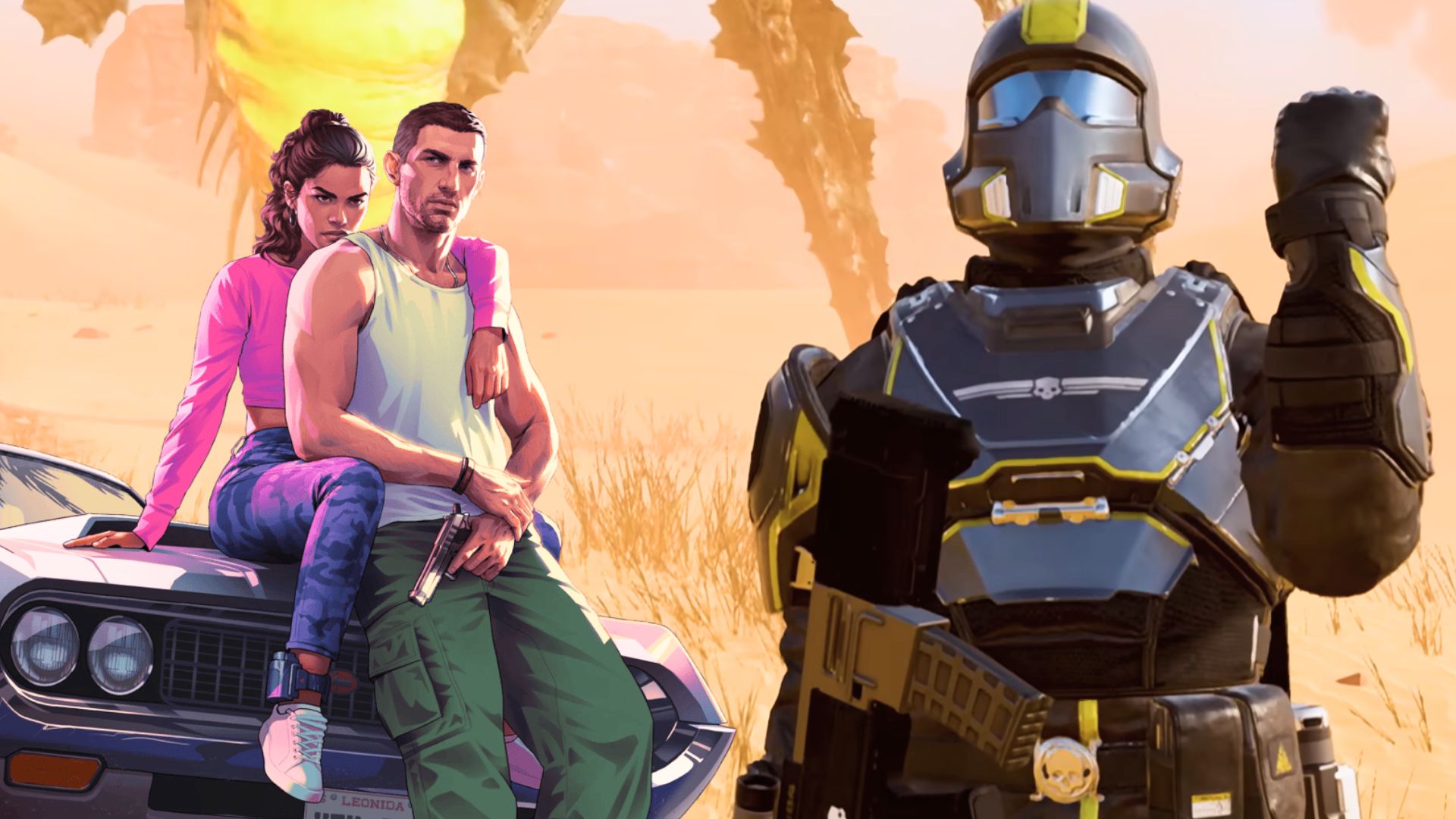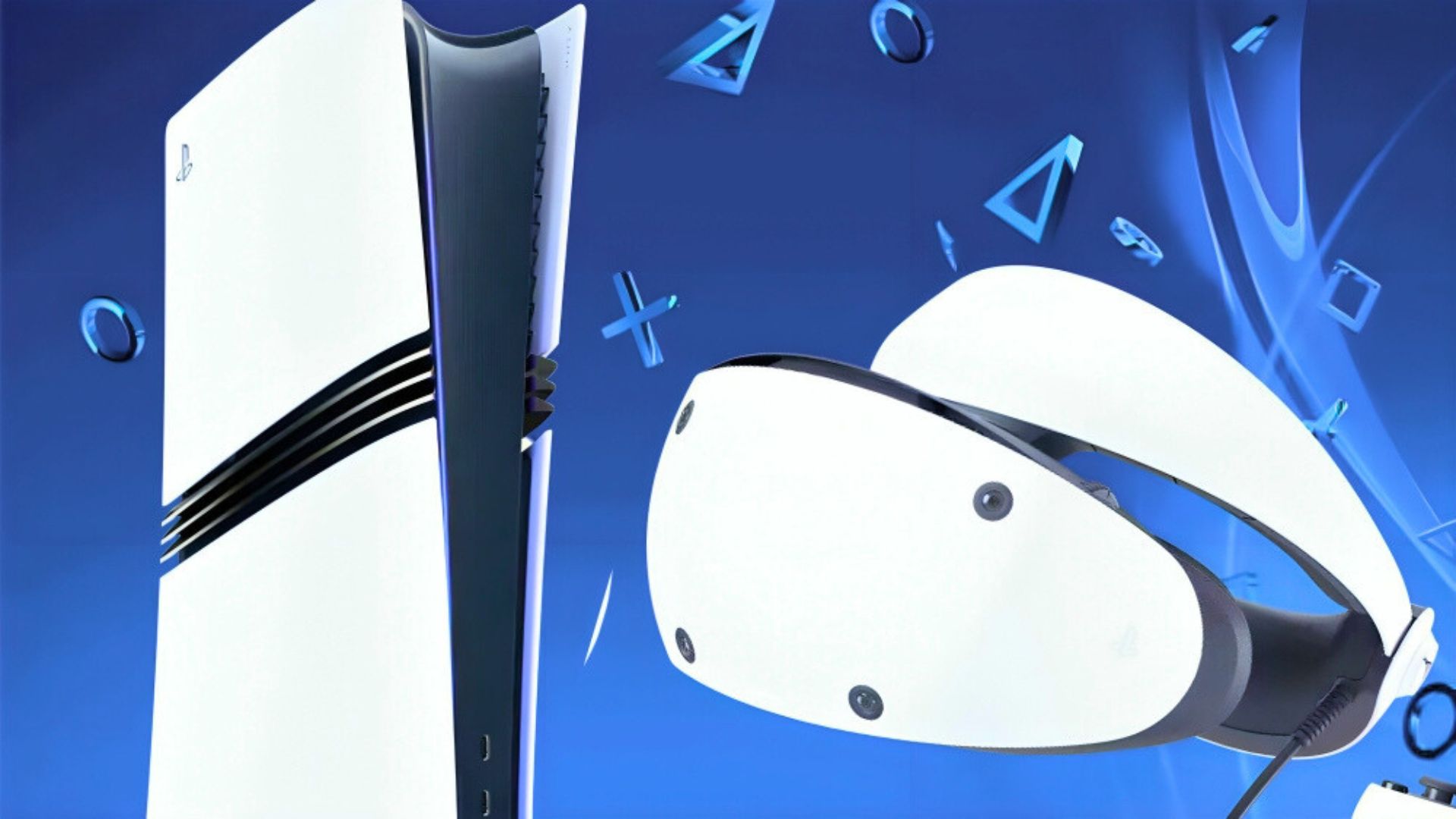You can trust VideoGamer. Our team of gaming experts spend hours testing and reviewing the latest games, to ensure you're reading the most comprehensive guide possible. Rest assured, all imagery and advice is unique and original. Check out how we test and review games here
Need for Speed is one of the biggest brands in gaming. Since its debut back in 1994 the series has gone through numerous evolutions, but has always been popular with gamers. Today EA announced that the franchise has reached 100 million units sold across the world, so we caught up with Keith Munro, Vice President Global Marketing for Electronic Arts, to find out why Need for Speed is so popular and what lies ahead for the franchise.
VideoGamer.com: Congratulations on reaching the 100 million sales milestone. What makes Need for Speed so popular with gamers around the world?
Keith Munro: Yeah, 100 million units; we’re super excited about that. Less than a handful of franchises up until now have reached that milestone, and we’re honoured actually. We really have to thank our fans. Especially those guys that buy our game or buy Need for Speed every year. We’re very excited, but we really just need to thank our fans.
So I think what makes the Need for Speed franchise and brand, why it’s done so well, is because we’ve tried to, we’ve had a few reinventions – I’ll get into that in a minute. Every year our teams set out to create an innovative, fresh new look at what makes driving and racing exciting. That has really captured the imagination of our fans. I can get into things that are very core to Need for Speed, like the physics engine that drives our games, how the different cars feel like those cars on the road, but they’re actually heroic physics. You can actually make that corner at 180km per hour, where in real life you’d never be able to. So we deliver a very heroic feel. The feel of the driving in our games is so critical, and that obviously is resonating with our fans. We heard a lot of really great feedback about how we’ve introduced story into a lot of our games, so there’s a context, a reason for people to race. Having cops, open-world and what not is also very popular. It’s a culmination of things. I would say at the base of it, also Need for Speed in the last half a dozen years has really propelled itself into pop culture and youth automotive culture. We’re the purveyors of car culture for millions of people around the world, who themselves are into cars, they like motor sport or car culture in general. We actually bring to them things that are cool about car culture, including new vehicles, new concepts, different types and styles of racing. We really brought drifting to the forefront when it was just burgeoning in the North American market and non-existent in Europe. Things like Canyon racing. And Even Need for Speed ProStreet, which brought together a new street style that was sanctioned. We’re brining to life car culture for a lot of people.
VideoGamer.com: Shift was released last month on the back of rave reviews. Given how well it was received by the press, has it met your sales expectations?
KM: Yeah, I think it’s done pretty much what we had expected. As you know, it’s the first Need for Speed game in many years to launch into the September window, traditionally we launch in November, the holiday window. So we’re excited yes. Great reviews and the quality is very high, and people are really enjoying playing Shift. We have it out there longer so it has more of a chance in the marketplace in its opening year.
VideoGamer.com: What lies ahead for Shift? Do you have DLC plans in place or will certain decisions depend on sales over the coming months?
KM: Actually I’m not allowed to talk about that [laughs]. Yeah, it’s doing well.
VideoGamer.com: Can you perhaps hint at all that fans are going to be able to keep playing the game for some time to come?
KM: We are trying to work on what we feel… we don’t want to just create more content just for the sake of it. We’re trying to create stuff that is highly additive, whether for Shift or even ideas for future projects. So TBD, but we have people thinking right now.
VideoGamer.com: I was reading some message boards earlier and there was some concern that Shift had bombed because it didn’t make the top 10 sales chart in North America for September. Bearing in mind the game’s current sales, is it a given that at some point we’ll see Shift continue and become a franchise that sits alongside the other more traditional Need for Speeds?
KM: First of all, the sales numbers, we’re actually pretty proud of the numbers it’s done, because it launched into a different window. We’re typically the holiday racing title, so there’s a lot of retraining that has to be done to make people aware of our launch. It’s actually hitting a similar number for the days in the market in North America as what we shipped last year, in the holiday window, which is a much higher sales period. So it’s not that concerning actually to us and as I said earlier, it’s meeting our expectations. Down the road we will be evaluating the performance of Shift. We want to be having a lot of conversations with consumers about what they loved and what they would change, and there is definitely potential for us to consider sequeling that title.
VideoGamer.com: Shift was quite different to what we’ve come to expect from the series. Should next-gen gamers who have enjoyed the previous Need for Speed games expect a more traditional arcade Need for Speed next year or has there been a shift to sim racing now?
KM: That’s a great question and I can get into it a little bit more with you here. In January we announced a pillar strategy for Need for Speed, which broke out an approach by the brand to create action driving games, authentic simulation games and arcade racing games. If you think about the first half of Need for Speed’s existence, it was largely super cars, exotic, very expensive cars that I’ll never be able to buy, on the Italian countryside. With the release of 2003’s Need for Speed Underground we really changed that. That was like the first big change in Need for Speed. We went to more of a street style. A lot more of youth automotive culture perspective, highly customisable, personal expression of your personality and your car. Taking much more accessible cars, street cars, sport compacts etc, that might be in your garage, but you can trick them out, and customise them, and have them perform against these high powered race cars. That really captured the imagination of consumers at the time and since, because you can see we’ve followed street oriented, contemporary cool car culture motivated racing experiences since that. Out of the 100 million units we’ve averaged over 12 million for the last six years, from Underground on. In the UK and the rest of Europe it really took off with the introduction of that sort of street racing.
The reason we announced the pillar strategy is that we’ve been talking to consumers for 15 years about what they love about racing games, what they would want more of and different types of racing experiences, and also car culture in real life. We got lots of feedback on how people love the action driving games. People from other types of genres enjoy the Need for Speed action flagship games like Most Wanted, and Carbon and Undercover. But there are also huge numbers that want more of an authentic sim experience, and huge numbers that want an over the top arcade racing experience. So we actually, instead of having Black Box build our annual game, we decoupled development, and the first expression of that was in the release of Need for Speed Shift, which we had Slightly Mad Studios from London building. These guys have huge pedigree in authenticity and simulation racing games. They brought forward a real passion for motor sport that we thought would really contribute to an amazing quality simulation product. But we needed to make it very Need for Speed at the same time. We didn’t want to create a clinical, sterile, clean sim game. We wanted it to be edgy and visceral and almost violent in the cockpit, and make you feel that true driver’s experience. I think we’ve succeeded in that and given it its own style.
As part of the pillar strategy we want to continue bringing great games within the different sub genres to different consumers, because at the heart of this strategy is creating different experiences for different consumers based on what they want. So we know some people will want another action driving Need for Speed game, and we’re getting set to launch Need for Speed Nitro. That’s the second expression of the pillar strategy. That is the first game we have built from the ground up for the Nintendo platforms and the Nintendo audiences. We have EA Montreal building Need for Speed Nitro, who has a strong legacy with Nintendo games. They are permitted to deliver something wholly unique and made for Nintendo, rather than having influences from SMS or Black Box. It’s still a Need for Speed game, still licensed cars, still super fast, hyper real and heroic, but the cars are hyperbolised. Those are different expressions within the spectrum of the racing market, and as long as they sit with our brand, you can expect more iterations in the years to come.
VideoGamer.com: Following on from that, I was reading some forums earlier, and there’s a definite feeling that Most Wanted and Underground are two of the most popular games in the series. Going forward, are you focusing on building new entries in the series or could you return to one of those as a direct sequel?
KM: We obviously interact with those forums and talk to consumers a lot, and know there is a ton of enthusiasm for those games. In fact, the best selling game in Need for Speed franchise history has been Need for Speed Most Wanted, which has done over 16 million copies. Then when you think about all the rental and used copies, that’s a lot. We want to understand what are the nuggets within those games that made them so successful and struck a chord with consumers, so that we can build on that. I don’t know if we’re going to say, let’s just do another Most Wanted or Underground game. I think we want to understand where the market’s going, as there’s so much change in tastes of consumers in determining what’s innovative. Some games come out and change the landscape. So, I would say the landscape has been chanced, and we’ve got a couple more good quality racing games coming out in the next six months for example, that we need to be very aware of and innovate on, versus just going back. However, the spirit of those games is in many ways defining, and has been defining Need for Speed as a brand. We will be strongly considering the essence of those in what makes Need for Speed such a strong brand.
VideoGamer.com: At E3 earlier in the year there was a story that Criterion is working on a Need for Speed. Can you clarify that at all?
KM: We haven’t announced anything formally about Criterion. They are doing a lot of work keeping Burnout Paradise, which is an amazing experience, they’re adding a lot of new content, so that part is going on. I can’t comment on future stuff from Criterion and Need for Speed.
VideoGamer.com: Nitro is another departure from the norm for the series. Hardcore gamers are obsessed with sales figures and are quick to label anything that doesn’t sell a few hundred thousand units as a failure. Dead Space: Extraction didn’t sell as well as EA probably hoped it would on Wii. Are you hopeful that Nitro will appeal more to Wii owners?
KM: First of all, I think there are market signals about some of the Wii numbers not being as robust as the market would hope. With Need for Speed we have a very established brand and have been releasing games on the Nintendo platforms for years, and they’ve done quite well for what they were. Because this is a wholly developed for Nintendo experience, we’re more bullish on Nitro for sure. There’s also a large established racing audience on the Wii that has been created for the most part by Mario Kart, and the enormous numbers and tremendous success that Mario Kart has enjoyed. So we also are not trying to create a Mario Kart clone at all. Need for Speed games are edgy and have that car culture vibe and street racing vibe, but it is made for the Nintendo audiences. So what we’re hoping is that the large install base of established racing fans on the Wii, for example, will want to pick up Nitro because it’s kind of the next step up. More realistic, licensed cars, street racing, it’s more bad-ass. We actually have high ambitions for it.
VideoGamer.com: The general feeling amongst gamers on internet forums is that if a hardcore game for Wii doesn’t sell well, Dead Space: Extraction for example, they’re not going to see similar games on the Wii again. Is it that clear cut or do you guys see things differently?
KM: Well I think the bottom line is, if there is a favourable reaction, a strong reaction from consumers to our product, we will look at delivering more content in that vein, and in those specific franchises. There is definitely a point at which it doesn’t become viable because of the cost of delivering it to consumers. I just can’t tell you what that decision is exactly. We would consider a variety of different scenarios that aren’t just walking away from it. There might be other opportunities to bring the idea to market.
VideoGamer.com: Need for Speed World Online sounds like the most ambitious game in the series to date. How’s development progressing?
KM: We’re getting closer to a closed beta which will likely take place in early 2010 in Taiwan. We do plan to move into beta in North America and Europe in 2010, and the goal is to hit a commercial launch in 2010 as well, in North America and Europe. This is the free to play model on the PC and this will actually be the largest Need for Speed world ever created. Obviously highly connected and highly social.
VideoGamer.com: Who is World Online aimed at? Will it open up the franchise to a new set of gamers?
KM: I think it will be a mix. We will definitely be speaking a lot with the core Need for Speed fan, in the lead up to the launches and the beta period, but I think this game will resonate very strongly will more casual fans. It’s being built so it will play really well on a PC that is older than the one you bought two months ago to run some of the amazing PC games that are out there. We want it to be very accessible. We want the in and out points to be very easy within the game. We want to make it very social, and feel like you’re having a fun experience, either a solo experience or with friends, as opposed to getting bludgeoned constantly. We have lot of fun light-hearted game modes planned for World online too, to help capture that wider audience. There are a lot of people that we know, some are friends, some are consumers we have talked to, who have aged, and have less and less time, so it’s tougher. Guys that used to be core gamers don’t even own an HD console right now, so we want to provide a rich experience for those guys as well, so they can get back to Need for Speed and enjoy it on their own terms.
VideoGamer.com: Analyst Michael Pachter recently said that the iPhone is dangerous for publishers as it cheapens the value of big brands. EA is a big supporter of the iPhone, with Shift due soon, so clearly you think that cheaper $10 games can exist alongside bigger budget titles.
KM: I think that consumers are smart. They’re savvy and understand what an iPhone experience is, in the same way that a Nintendo DS or a Wii game is a different game than what we would release on 360 or PS3. I think people understand that. I think that exploring different business models is critical for game developers and publishers, and where the market is we need to be relevant there. The iPhone is a highly relevant device and people have a passion for that product, as a piece of hardware, so we’re helping people fulfil their racing fantasies on their platform of choice, whether it’s 360, HD consoles, or iPhone. Need for Speed Underground has had tremendous success on iPhone and if we’re producing a great quality game no matter what the platform, then I think it benefits the brand.
VideoGamer.com: With Burnout Paradise being one of the titles used to demonstrate Natal, will the next Need for Speed make use of Microsoft and Sony’s motion controllers? Any hints at what gamers might be able to do?
KM: Yeah, it’s too early for me to comment on that. I wasn’t involved at all in getting Burnout on Natal.
VideoGamer.com: How closely does EA look at rivals in the genre? Have you had a chance to play Forza 3 and Gran Turismo 5 yet?
KM: I’m a fan of racing games. I’ll play them all. I downloaded the Forza 3 demo and played all the Forzas and Gran Turismos in the past, and I’m excited for the next Gran Turismo when it finally does come out. I think that there’s a lot of highly rated, amazing work that’s been done. My team and our developers, we all play pretty much all the racing games. We play together and have a good time. We learn from them.
VideoGamer.com: Some people seem to think that taking things from other games is a bad thing, but surely seeing what works the best and building on that is what pushes gaming forward?
KM: I think there is that, and everybody is doing that. Games that raise the bar, you better raise the bar as well. Playing other games also shows where we don’t want to go with the Need for Speed brand. It helps us maintain our positioning in the market and remain relevant to consumers. Like I said earlier, when we created Shift. There are obviously some great sim games coming out, but we don’t want to create clones of those games or mirror them. We want to create edge of your seat, visceral, I think I used the term violent before, really making you feel what it’s like to be in the cockpit. Making it more Need for Speed. Those games help inform us where we need to stay relevant.
VideoGamer.com: Thanks for your time Keith.
Need for Speed Shift is out now on Xbox 360, PS3, PC and PSP. Need for Speed Nitro will be released for Wii and DS on November 6. Need for Speed World Online will enter closed beta early in 2010, with a PC retail release planned for later in the year.
Need for Speed: Underground 2
- Platform(s): Game Boy Advance, Gameboy Advance, GameCube, Nintendo DS, PC, PlayStation 2, Xbox
- Genre(s): Arcade, Racing
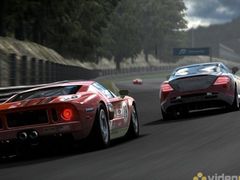
/https://oimg.videogamer.com/images/be4a/nfs_prostreet_35.jpg)
/https://oimg.videogamer.com/images/7fbe/nfs_shift_24.jpg)
/https://oimg.videogamer.com/images/b393/nfs_shift_17.jpg)
/https://oimg.videogamer.com/images/e9f3/nfs_world_online_1.jpg)
